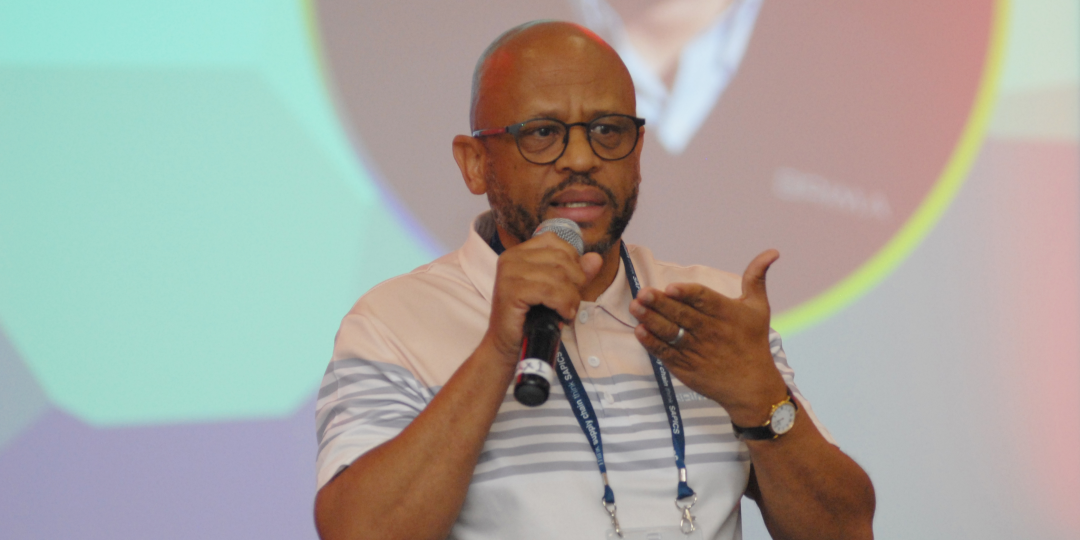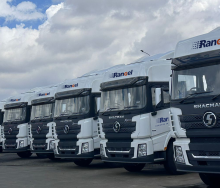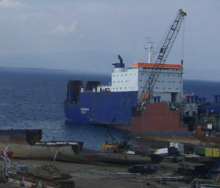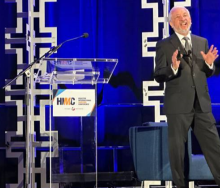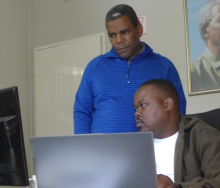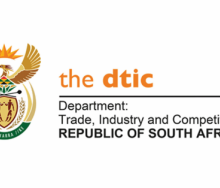Government ministers involved with trade and industry, including President Cyril Ramaphosa, use the speaker circuit to remind South Africa’s business sector how important small, medium and micro enterprises (SMME) are for economic development, but they don’t live by the same dictum.
Speaking at the Sapics Spring Summit in Modderfontein on Thursday, logistics entrepreneur Tshepo Mekoa told the supply chain gathering that when his business was in dire straits and faced closure, public sector support was nowhere to be found.
He launched Brima Logistics in 2005 in the belief that there was a business case for the on-time return delivery of professionally repackaged rejected goods and started his outfit with a receptionist, a truck, and an iron will to succeed no matter the odds.
Initially, his reverse logistics model flourished and soon grew to six branches.
But a bad motorcycle accident and a month in a coma, followed by the global credit crunch and a flagging economy that was only temporarily buoyed by the Fifa soccer tournament in 2010, all exacerbated by the Covid-19 pandemic, had Brima Logistics on the ropes.
“Did I receive any help from government? No!” said Mekoa, who has written a book about his make-or-break experiences: The 14-year Startup.
Thankfully, private sector assistance and financial support, the latter especially by way of time-efficient payment, were there in spades.
“I received a lot of enterprise development. Usually, it’s only one company or corporate that comes on board, but I was quite fortunate,” he said.
The black women-owned ICT enterprise Digital Generation, tech firm Lexmark, and Standard Bank, all piled in, creating an SMME safety net for Brima by sponsoring upskilling through business incubators like Raizcorp.
Apart from helping his receptionist study to become a financial director, private sector support afforded Brima enough post-crisis stability to continue scaling the business.
Unfortunately, the same cannot be said for the government.
Brima, which has the Road Traffic Management Corporation as one of its clients, continued to battle late payment, Mekoa said.
On average, he said it took 90 days before government settled its invoices, a stumbling block to business that Ramaphosa himself has acknowledged needs urgent change to stimulate the economy and generate job creation.
Mekoa said the lion’s share of Brima’s business was still in the public sector, but he would like to change that in favour of private sector clients and the improved cash flow that faster payment will secure.
“I’m thinking of placing government on hold,” he said.
